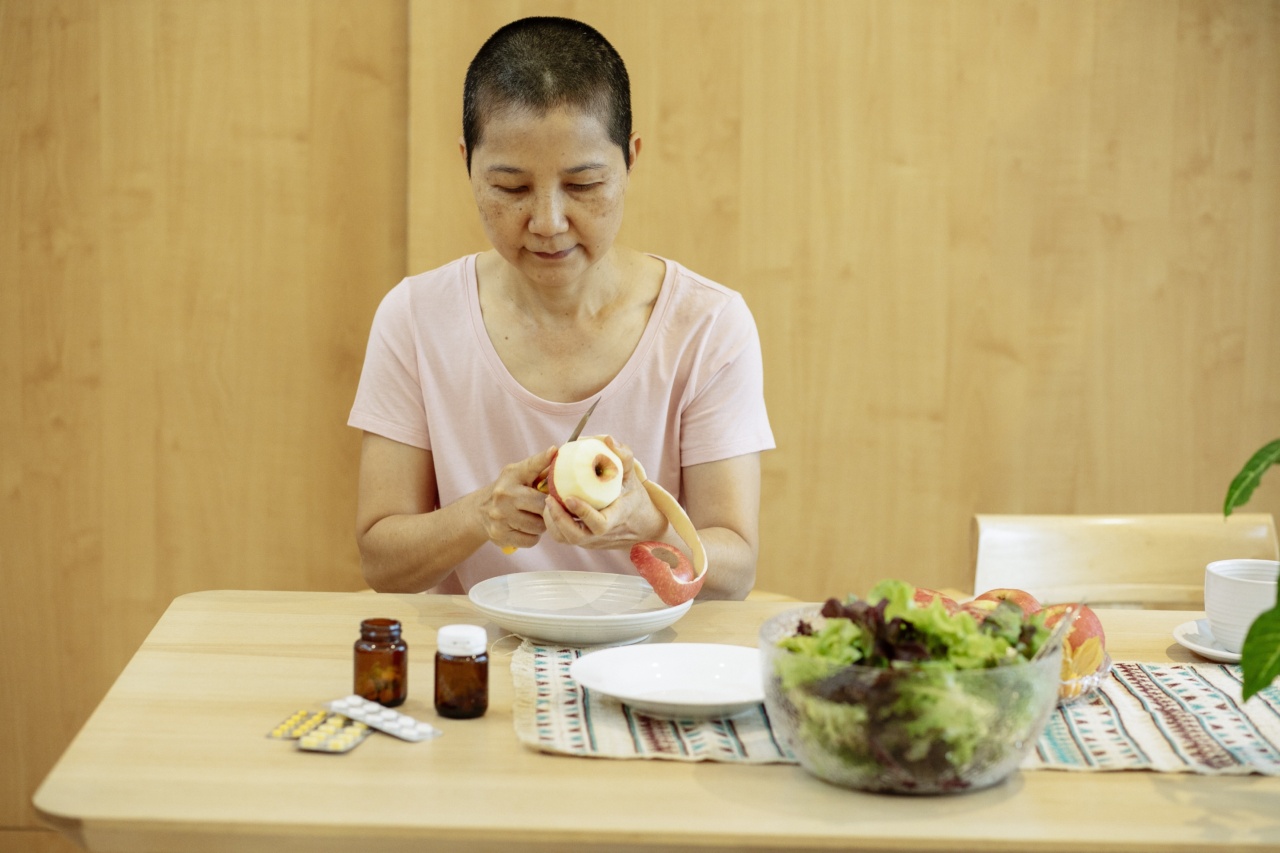Colon cancer is one of the most common types of cancer worldwide. According to recent studies, the incidence of colon cancer is increasing, especially in Western countries.
Although the exact causes of colon cancer are not yet known, there are certain risk factors that are associated with this disease.
What Is Vitamin D?
Vitamin D is a fat-soluble vitamin that is produced in the skin when exposed to sunlight. It is also found in certain foods like fish, eggs, and fortified dairy products.
Vitamin D plays an important role in many bodily functions, including bone health, immune function, and regulation of cell growth and division.
The Link between Vitamin D and Colon Cancer
There is evidence to suggest that vitamin D may play a role in preventing colon cancer. Several studies have shown that individuals with higher levels of vitamin D in their blood have a lower risk of developing colon cancer.
Additionally, some research has suggested that vitamin D may help to slow the progression of colon cancer in individuals who have already been diagnosed with the disease.
How Does Vitamin D Work?
The exact mechanism by which vitamin D may prevent colon cancer is still being investigated. However, it is believed that vitamin D may help to regulate cell growth and division in the colon.
This is important because uncontrolled cell growth and division is one of the hallmarks of cancer. Additionally, vitamin D may also help to reduce inflammation in the colon, which can contribute to the development of cancer.
How Much Vitamin D Do You Need?
The amount of vitamin D that an individual needs varies depending on a number of factors, including age, sex, and overall health status. The recommended daily intake of vitamin D for adults is 600-800 IU per day.
However, some experts believe that this amount may be insufficient for optimal health, and that higher doses may be necessary.
Sources of Vitamin D
The two main sources of vitamin D are sunlight and food. Exposure to sunlight can stimulate the production of vitamin D in the skin. However, the amount of vitamin D produced depends on a number of factors, including the time of day, season, and latitude.
In general, people who live in areas with less sunlight may need to obtain more vitamin D from food sources.
Foods that are rich in vitamin D include fatty fish (such as salmon, tuna, and mackerel), egg yolks, and fortified dairy products (such as milk and yogurt).
However, it can be difficult to obtain enough vitamin D from food alone, especially for individuals who follow a vegetarian or vegan diet.
Vitamin D Supplements
In some cases, it may be necessary to take vitamin D supplements to ensure adequate levels of this important vitamin. Supplements are available in both D2 and D3 forms.
However, D3 is believed to be more effective at raising blood levels of vitamin D than D2. It is also important to note that vitamin D supplements can interact with certain medications, so it is important to speak with a healthcare provider before taking them.
Conclusion
In conclusion, there is strong evidence to suggest that vitamin D may play a role in preventing colon cancer.
Although more research is needed to fully understand how vitamin D works to prevent cancer, it is clear that maintaining adequate levels of this important vitamin is essential for overall health and well-being.































